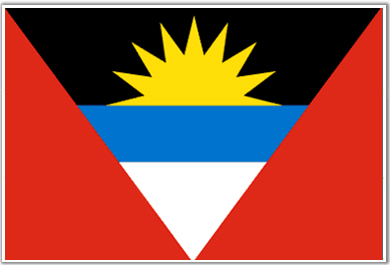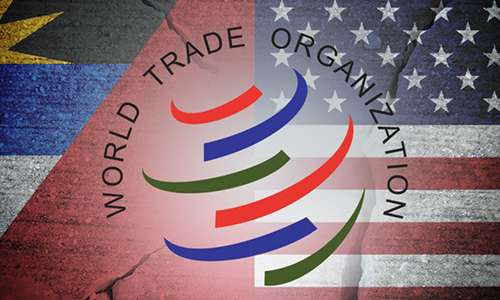Antigua, US Reported Near Deal in WTO Online-Gaming Dispute
The nearly 13-year-old trade dispute between the United States and the Caribbean island nation of Antigua and Barbuda over unfettered accessibility to online gaming sites may at last be headed for a resolution, according to recent Antigua-based news reports. The dispute, in which Antigua filed a complaint against the US in 2003 alleging that the US unlawfully discouraged participation by US citizens on Antigua-based sites, eventually resulted in Antigua receiving a WTO judgment, but of a form that the tiny island nation has found all but impossible to collect.
 Recent developments indicate the two sides finally may be close to resolving the impasse. Back in November, Antiguan foreign affairs minister Charles Max Fernandez revealed to the Antigua Observer that the two sides had resumed negotiations in the matter. The nature of the deal, however, has been hush-hush, and involves a US counter-offer to an original offer made by Antigua about a year ago.
Recent developments indicate the two sides finally may be close to resolving the impasse. Back in November, Antiguan foreign affairs minister Charles Max Fernandez revealed to the Antigua Observer that the two sides had resumed negotiations in the matter. The nature of the deal, however, has been hush-hush, and involves a US counter-offer to an original offer made by Antigua about a year ago.
“We are hoping that within 30 days, by the end of January, we will have something completed and signed. Cabinet has already looked at the offerings that were put forward and it is fair to say we are just about ready to finalize that agreement,” said Fernandez last week.
The eventual shape of any announced agreement between the two countries is likely to differ significantly from what Antigua was awarded back in 2007. One thing not to expect, however, is that the US will suddenly reverse itself and say that it’s okay for US citizens to gamble online on Antigua-based sites. The US has stridently defied the WTOs findings regarding that trade deal, but has stopped short of annulling its existing WTO trade pact, for fear of the damage it would cause to larger trade deals with other countries.
That left the Antigua mess in limbo, with the island too small to force the US to comply. Back in 2007, the World Trade Organization granted the island nation an annual $21.5 million copyright-abrogation allowance which the country has found difficult to enact. The $21.5 million annual judgment has since compounded to well over $200 million, including the years during which the dispute was being adjudicated within the WTO.
Nonetheless, the figure stood as something of a random marker between the two countries’ wildly divergent claims. Antigua initially sought $3.6 billion for its losses — a figure in excess of the island’s total GDP — while the US countered with an offer of $500,000 to rectify what it termed an “oversight” in its WTO trade agreement.
That’s about as intractable as a trade scuffle gets, and it’s why even the WTO couldn’t find an easy unification path for the two sides.
The WTO abrogation allowance dictated that Antigua could ignore the international rights of US-created intellectual property of various forms (music, movies, software, etc.), in essence being allowed to manufacture and sell that monetary amount of copies of the US-made originals. US officials decried the ruling as a WTO authorization of unofficial piracy.
The US then launched intense pressure via the US Trade Representative’s office, indirectly threatening other trade channels and deals between the two countries, which have been largely to Antigua’s benefit. Antigua’s stance has reportedly softened following the 2014 election of its new prime minister, Gaston Greene, and the softened stance of Greene’s government in the long-running dispute is part of what has negotiations moving forward again.
Some experts have suggested that the US may offer some sort of military aid to Antigua, whether in the form of improving Antigua’s own minuscule defense capabilities or by establishing its own presence on the island, with secondary economic benefits. There is also the question of whether Antigua would allow the US to declare the specific WTO trade clause as invalid, which would be great for the US in a face-saving sense but could be damaging to Antigua’s online-gambling industry, which accounts for something like a third of the island’s economic base. Unfortunately, both that industry and the banking infrastructure that accompanies it are generally viewed as rogue business operations by much of the rest of the world.


















COMMENTS